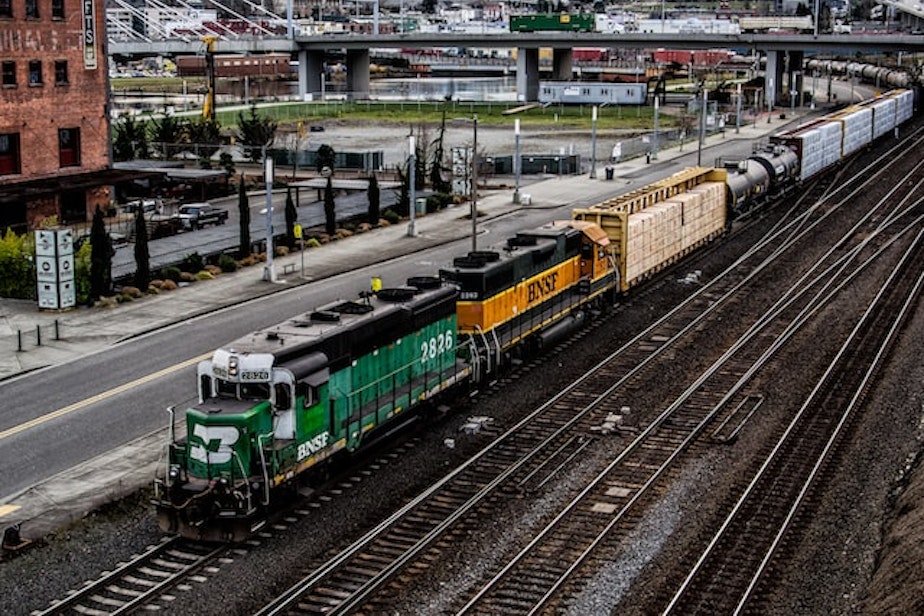A national railroad strike was averted, but remains possible as unions vote this week

The Biden administration helped broker a tentative deal that will affect 120,000 rail workers across the country. While many are celebrating the aversion of a potentially disastrous shutdown, workers have reservations about the new deal.
With a worker vote set for Thursday, rail companies are not out of the tunnel just yet.
The potential strike comes at a time when the rail labor force is shrinking and demand is climbing.
"Some studies I've seen say the workforce in the past six years alone has gone down by about 30%," said Jonah Furman, a staff writer and organizer for Labor Notes, a union advocacy group, and author of "Who Gets the Bird?" a pro-union newsletter and website on Substack.
Furman explained that this reduction is squeezing current workers, who deal with harsh scheduling policies that require them to be constantly on call without any sick days. The issue around sick days was particularly exacerbated throughout the Covid-19 pandemic.
"I talked to one worker who talked about how, for the first 10 years of his job, he missed all of his daughter's softball games," Furman said. "You just have generations of workers being tied to this job, working long hours, and basically have no time off."
There are vague public details regarding the deal struck on September 15, but Furman highlighted an agreement for "some amount" of unpaid sick time and a cap on worker health-care contributions that will keep monthly premiums at no more than $400 a month. The deal also offers a raise – 24% over five years – with the addition of back pay.
Sponsored
The agreement also moved the deadline for a possible strike to an unspecified date in the future, adding more time for negotiations.
Furman noted it's possible workers could go on strike should one of the 12 unions vote to reject the current agreement. A national strike would disrupt supply chains and could cost the U.S. economy up to $2 billion a day.
Furman said he heard from workers who take issue with vague language in the agreement, particularly around how many days workers will have for sick time and the range of procedures covered by sick time.
Workers will vote on the new contract on Thursday, Sept. 22, with the potential for negotiations to extend into October.
Listen to Soundside's full conversation with Jonah Furman by clicking the audio above.





